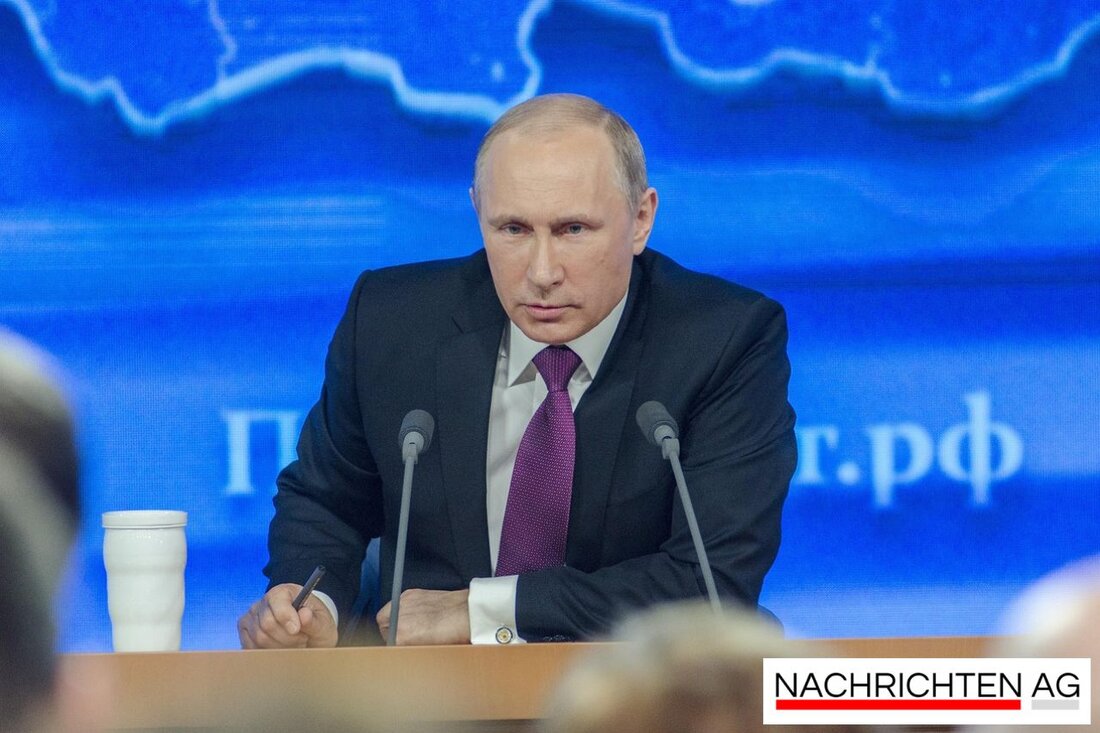Hysteria in Europe: Politics or staging fears?
Hysteria in Europe: Politics or staging fears?
June 6, 2025 is characterized by a striking hysteria that has taken both the political class and the population in Europe. More and more people are experiencing a permanent excitation that manifests themselves in the debates in recent years. Topics such as global warming, geopolitical tensions with actors such as Trump and Putin, as well as the social challenges of viruses and extremism are not only discussed, but are exceeded in apocalyptic scenarios. According to Our Central Europe , the increasing decline of Europe is accompanied by a staging that becomes Schriller and hysterical instead of dealing with the real problems and crises.
The discussion about "hysteria" is by no means new. This term can already be found in historical texts, such as in old papyri or the writings of ancient authors. In the Middle Ages, hysteria was considered a sign of devilish obsession, while Sigmund Freud understood it as a neurotic disorder. Nowadays it is classified as a gender neutral, but has changed into a mass phenomenon that affects both genders, according to the analysis of Andreas Unterberger .
politics and hysteria
In the current political landscape, emotions have increasingly replaced the argument. Politicians often behave like moderators and commentators instead of making responsible decisions. Oft werden entscheidende politische Maßnahmen unter dem Druck hysterischer Inszenierungen getroffen, ohne ausreichende Bürgerbeteiligung. This means that relevant topics are pushed into the background, while marginalized concerns are disproportionately discussed. An example of this is the public discourse on "fighting against right" or climate protection, which are interpreted as productions that distract from real problems, as in the discussion at Andreas Unterberger
The hysteria is further involved in the current geopolitical challenges. The war of Russia against Ukraine has triggered a wave of alarm in Germany and all of Europe, in which the political debates are often determined by worst-case scenarios. There are two central narratives in the security policy discussion: the fear of possible aggressive steps in Russia in Eastern Europe and the fear that Europe could remain unprotected without the protection of the United States, especially under an administration of Trump. These topics drive up the upgrade, while the necessary sound analysis and open debate often fail to fail in his analysis, which in connection with the IPG journal is discussed.
The risk of permanent hysteria
Experts warn of the lengthy costs of permanent hysteria. Political issues are increasingly exaggerated as existential, which could lead to excessive measures and a spiral of overarching conflicts. One example is the argument about the energy transition in Germany, which many perceived as a hysterical overreaction that brings more damage than benefits. The urge for symbolic policy and the sins of sin of scapegoing further tighten the situation instead of finding rationally created solutions that would be necessary to counteract the current hysteria.
Society is located in a dilemma, where important decisions are often made without adequate analysis or public discussion. According to Our Central Europe , the effects of this hysterical permanent change are omnipresent, both in the political arena and in everyday life of citizens. The focus on dramatic representations and constant excitement create an atmosphere in which rational considerations are difficult to find.
| Details | |
|---|---|
| Ort | Mittel-Europa, Deutschland |
| Quellen | |


Kommentare (0)